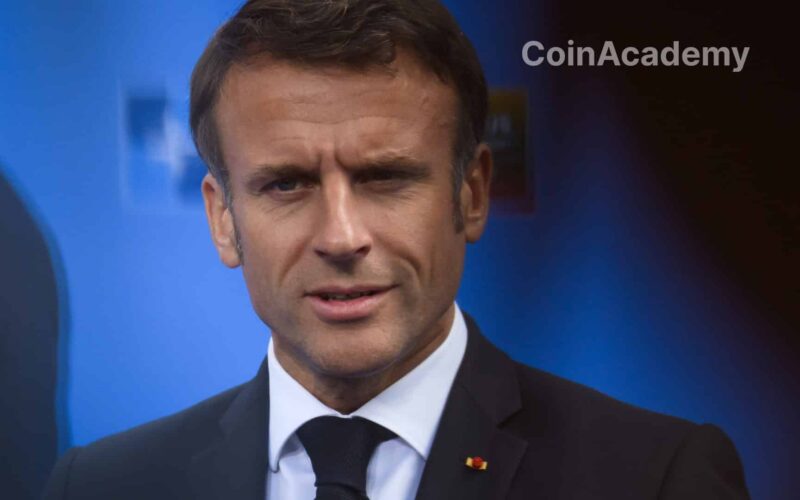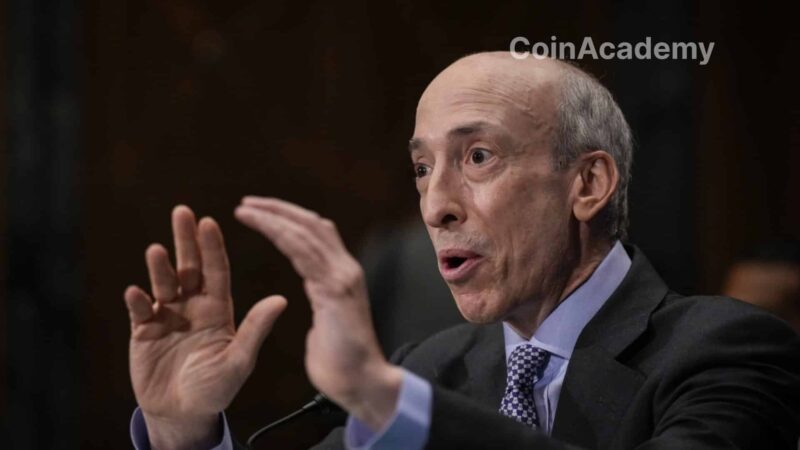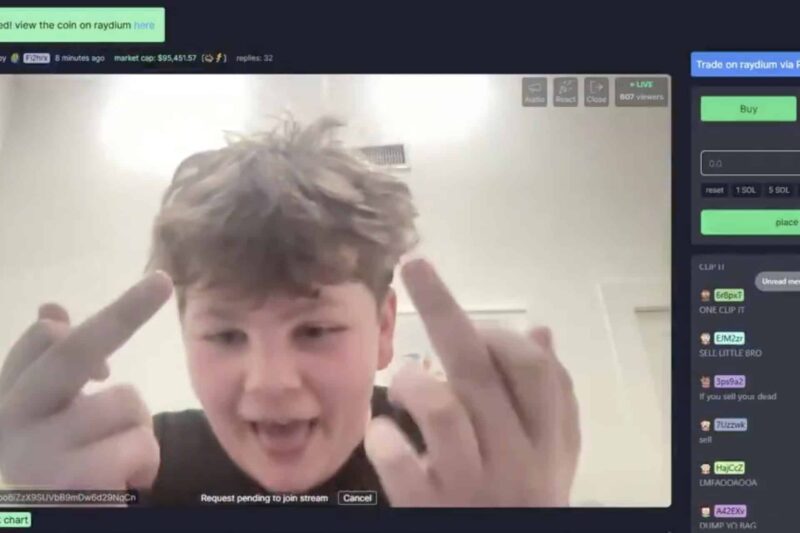The Arrest of Pavel Durov: A Debate on Freedom of Expression and Communication
The recent arrest of Pavel Durov, founder and CEO of the popular messaging application Telegram, has sparked a lively debate in France and internationally.
However, President Emmanuel Macron was keen to clarify the situation, stating that this detention was “in no way a political decision,” but rather the result of an ongoing independent judicial procedure.
Durov, who is of Russian origin, left Russia in 2014 after refusing to shut down anti-government content on a previous application he had created. His role and that of Telegram have become crucial in sensitive geopolitical contexts, notably in Ukraine, where the application is widely used by President Volodymyr Zelensky and journalists on the ground, as well as pro-democracy protesters in Russia, Hong Kong, and Iran.
The Context and Reasons for the Arrest
Pavel Durov was apprehended last Saturday at Le Bourget Airport, located north of Paris, shortly after his private jet landed. According to TF1, this arrest follows the accusations leveled against Telegram, accused of insufficiently moderating criminal activities on its platform, despite its worldwide usage. The French police did not immediately confirm the arrest, but Macron reacted to the circulating information on social media, stating that he was reading false information.
Telegram, an application renowned for its encrypted communications, has been repeatedly criticized for allowing individuals linked to organized crime, terrorism, and right-wing extremism to use its platform with impunity. This characteristic of Telegram, which prevents governments from censoring or monitoring exchanges on the application, has been defended by Durov, who has always maintained that “encryption can only be secure if it is secure for everyone.”
The French Government’s Stance
Facing this situation, Macron emphasized France’s commitment to the principles of “freedom of expression and communication, innovation, and entrepreneurship.” However, he clarified that “these freedoms are exercised within a framework established by the law to protect citizens and respect their fundamental rights.” He also emphasized the independence of the French judicial system, reminding that it is up to the judges to enforce the law.
The French President did not provide additional details about the ongoing investigation, but Durov’s arrest comes after years of criticism regarding Telegram’s management, particularly following the terrorist attacks in Paris in 2015, where the application was used by members of ISIS. When asked about the possibility for law enforcement to access a “backdoor” in the application, Durov replied that “encryption cannot be secure for only certain people.”
Telegram’s Response
In response to the events, Telegram released a statement affirming that it respects the laws of the European Union, including the 2022 Digital Services Act, which aims to limit online disinformation. The company also defended its moderation practices, stating that they are “in line with industry standards and constantly improving.” Telegram labeled the idea that the platform or its owner could be held responsible for abuses committed on it as “absurd.”




